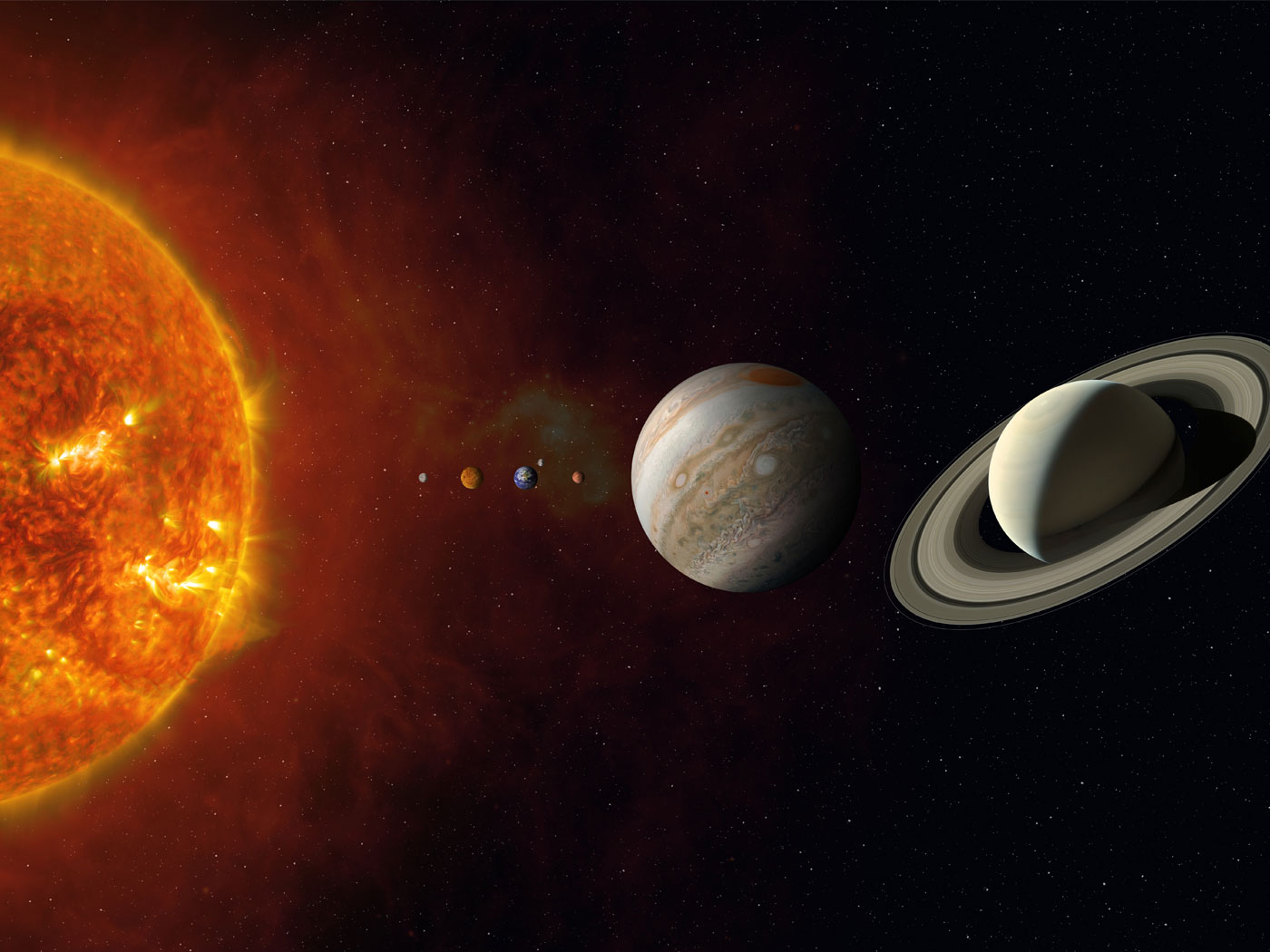Geology, astronomy, and biology all point to a divine Designer. ICR zoologist and researcher Frank Sherwin examines the evidence in this 5-part podcast series. Mr. Sherwin uncovers the scientific and biblical evidence for a global Flood, designed universe, and true origin and history of biological structures.
1) Mount St. Helens: An Outdoor Laboratory
Geologist Dr. Steve Austin called the Mount St. Helens eruption “the geologic event of the twentieth century.” Mount St. Helens was not the largest volcano episode of the last century, but it became the most informative. What can the Mount St. Helens explosions, volcanic mud flows, and rapid ecological recovery tell us about the Genesis Flood?
The Mount St. Helens events give us a glimpse into Earth’s geologic power, the origin of rocks, and the formation of geologic features. How does the ecological recovery of Mount St. Helens affirm the work of creation scientists? And what does this outdoor science lab teach us about the great Flood of Noah’s day?
3) The Unique Earth and Unique Universe
How do scientific measurements and fundamental constants reflect the Creator’s divine hand? Our universe permits physical, interactive life only because these and many other numbers are exquisitely and independently balanced. How did such incredibly fine-tuned numbers come about: by chance and time, or by plan and purpose?
4) The Moon
Our moon is unusually large, but it’s just the right size to aid life on Earth. As a masterpiece of design, it shouts God’s creation. How does lunar science support biblical truth?
Creation scientists observe hair, feathers, and scales as unique structures revealing design. Evolutionary naturalists disagree, of course, maintaining a common origin for these skin appendages. Why does this issue matter? And how does this impact the study of origins and biological history?
For more radio programs, click here.






























